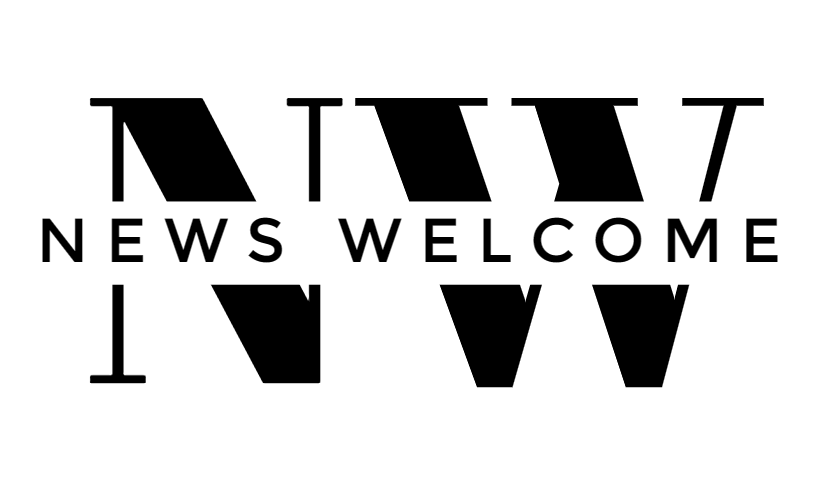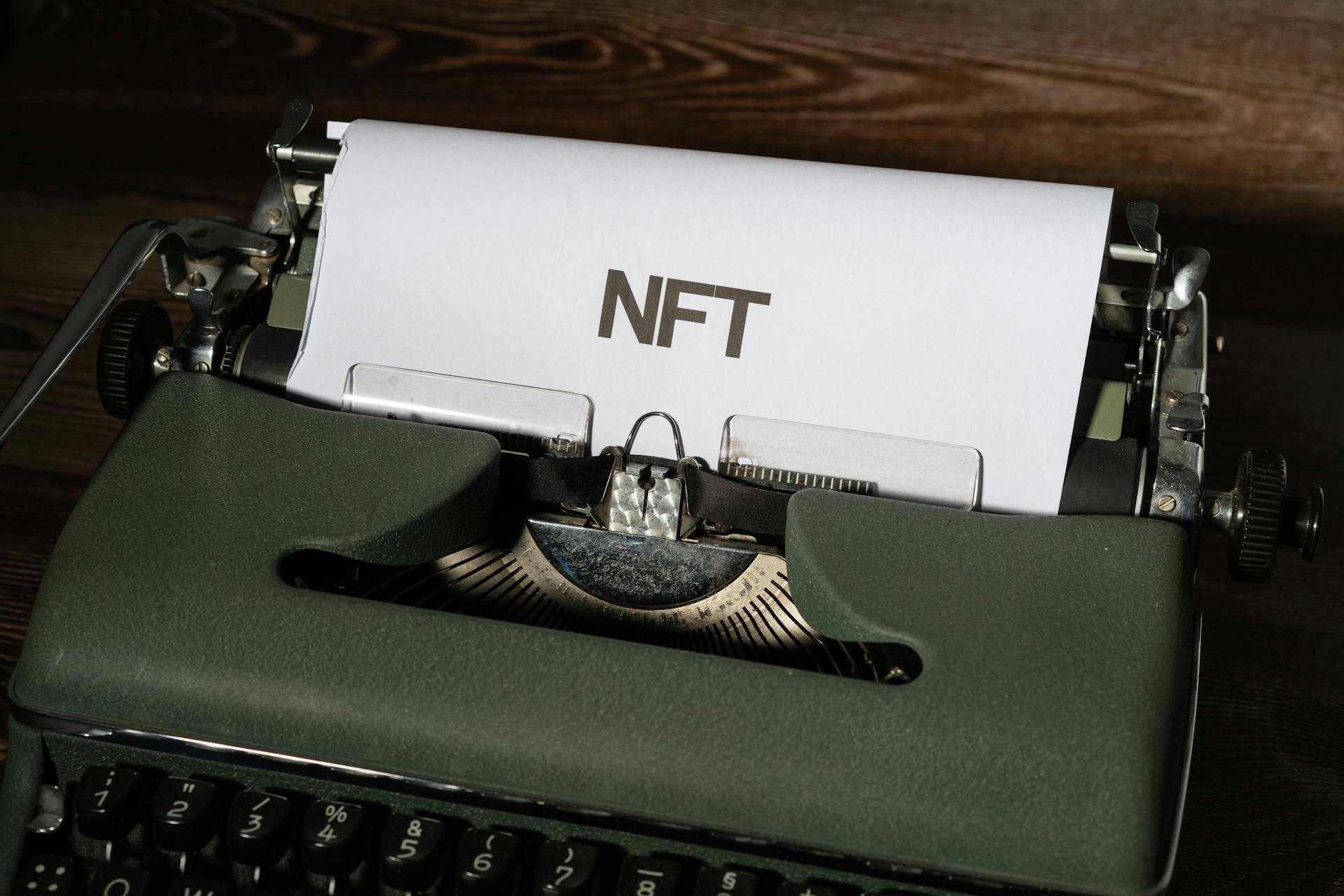In the rapidly evolving digital landscape, Non-Fungible Tokens (NFTs) have emerged not just as a trendy topic but as a pivotal technological innovation. Originally gaining attention for their role in the digital art scene, NFTs’ potential extends far beyond, suggesting a transformative impact on various sectors of society.
Understanding the Essence of NFTs
NFTs, or non-fungible tokens, are unique cryptographic assets that exist on a blockchain, providing irrefutable proof of ownership or authenticity. They differ from cryptocurrencies like Bitcoin in that each NFT is distinct and cannot be exchanged on a one-to-one basis, making them ideal for representing singular, valuable items or concepts.
Wide-Ranging Applications of NFTs
While NFTs have been prominently featured in the realm of digital art, their utility spans several industries, potentially revolutionizing the way we handle digital authentication, ownership, and asset management.
Identification and Certification
One of the most promising applications of NFTs lies in digital identification and certification. NFTs can securely store personal data, such as medical records or educational certificates, on the blockchain. This not only ensures the data’s integrity but also empowers individuals with greater control over their personal information, significantly reducing the risk of identity theft.
Real Estate and Property Management
In the real estate sector, NFTs can profoundly change property ownership and transaction processes. By tokenizing real estate assets, NFTs offer a secure, transparent record of ownership. This can simplify transactions, making them faster and more efficient, and open up possibilities for fractional ownership, akin to stock-based investments.
Revolutionizing Supply Chain
NFTs also have the potential to revolutionize supply chain management. Their inherent immutability and transparency can enhance the tracking of goods, ensuring authenticity, particularly in industries like food safety and luxury goods. In addition, NFTs could play a crucial role in ethical sourcing and sustainability efforts by transparently tracking environmentally friendly materials.
Public Perception and Challenges
Despite their potential, NFTs have not been immune to skepticism. Some view them as a fleeting trend, largely because of their initial association with the volatile digital art market. Security concerns, such as the risk of wallet hacks leading to loss of assets, further contribute to the challenges facing the widespread adoption of NFTs.
User Perspectives and Debates
The public opinion on NFTs is diverse. While some people are excited about their practical applications beyond the art world, others remain cautious, particularly regarding their use in scenarios like property deeds. Concerns about potential fraud, government intervention, and the overall security of blockchain technology are prevalent.
Potential Use Cases Beyond Art
- Tickets: NFTs could be used to tokenize tickets for events, concerts, or transportation, ensuring authenticity and enabling secure secondary markets.
- Identity Verification: Leveraging NFTs for digital IDs, each unique and verifiable, could revolutionize how we manage personal identification.
- Medical Records: NFTs could provide a new way to manage and secure medical records, granting patients control over their health data.
- Intellectual Property: For creators, NFTs offer an innovative way to monetize and protect their intellectual property rights.
Conclusion: A Balanced View of NFTs
As we delve deeper into the digital age, the role of NFTs becomes increasingly significant. Their potential to transform various aspects of our digital and physical lives is undeniable. However, realizing this potential requires overcoming technological hurdles, enhancing security measures, and fostering a broader understanding and acceptance of NFTs in society.
Future Outlook for NFTs
The future of NFTs is poised at an exciting junction. If the challenges can be adequately addressed, NFTs might not only become commonplace in various industries but also drive innovation in ways we have yet to fully comprehend. The journey of NFTs from a niche digital art phenomenon to a cornerstone of digital asset management and authentication is a journey worth watching.

Celine Brooks is a renowned journalist and author specializing in cryptocurrency and blockchain technology. She holds a Master’s degree in Economics from Harvard University and is very passionate about Crypto. Celine regularly hosts webinars and workshops, sharing her insights and forecasts about the evolving digital currency landscape. She is also an active contributor to several leading financial and tech publications, where she breaks down complex crypto trends into understandable insights for everyday investors.

